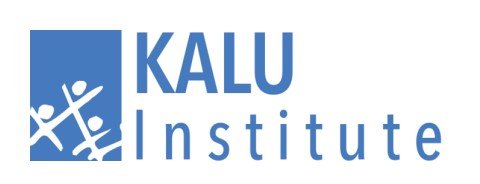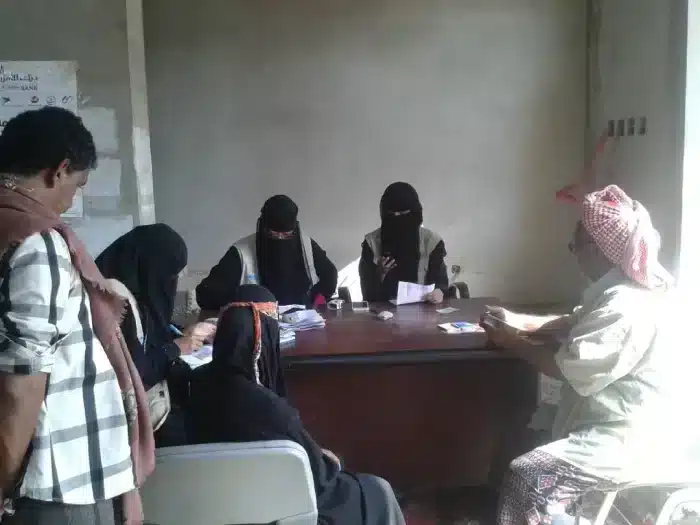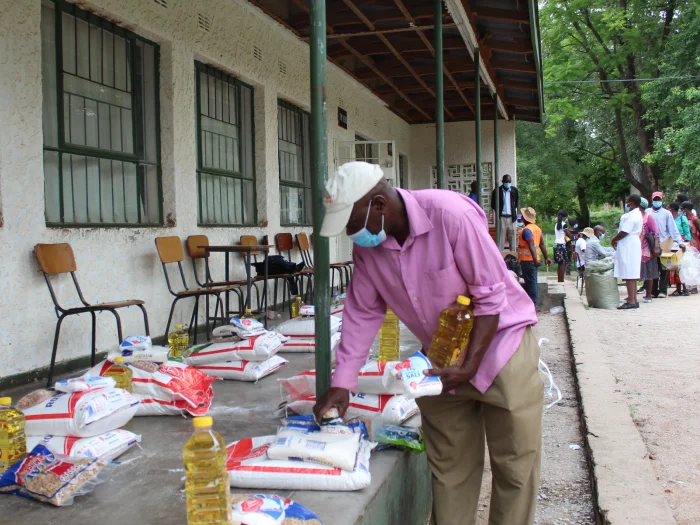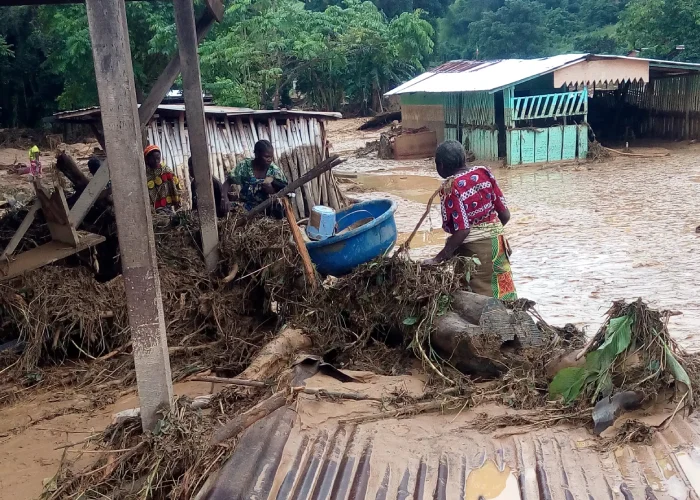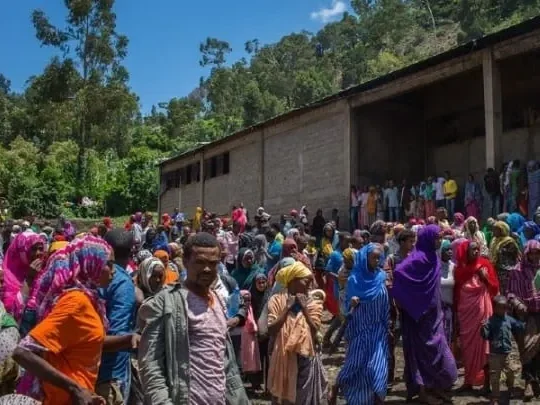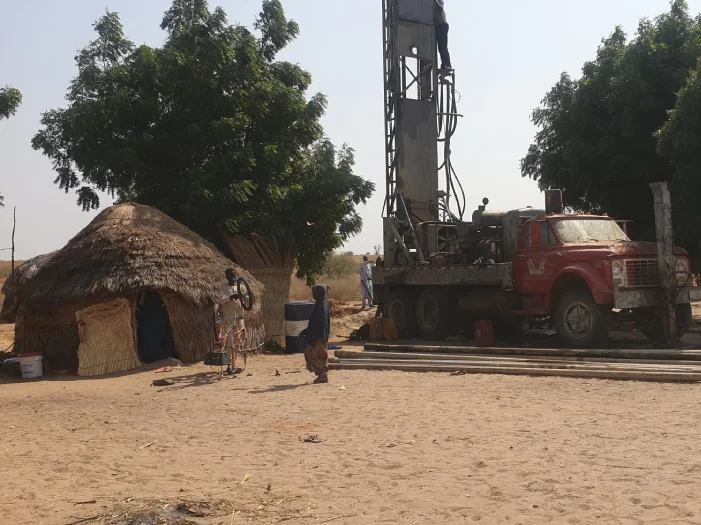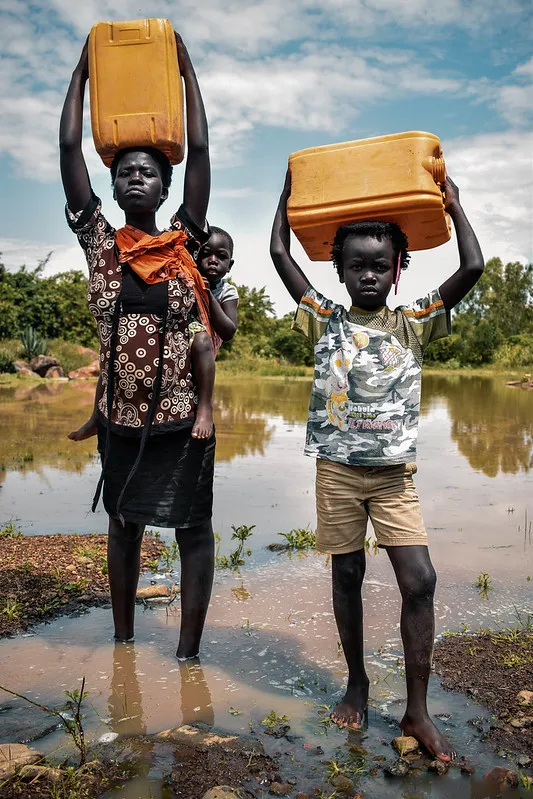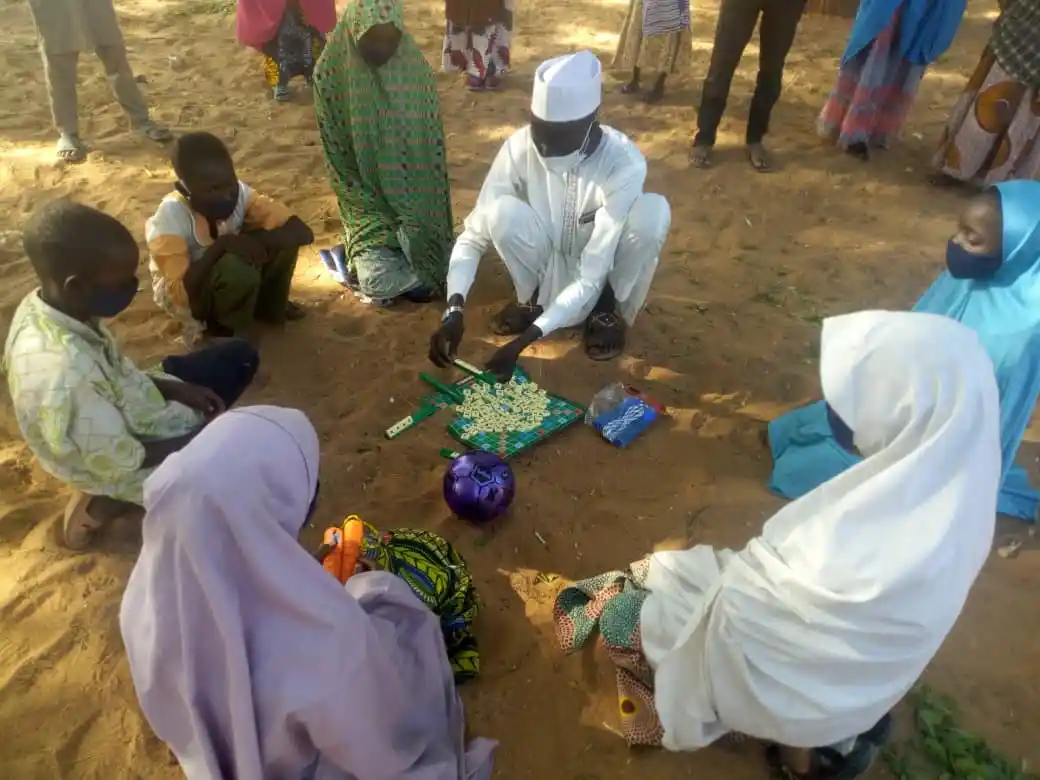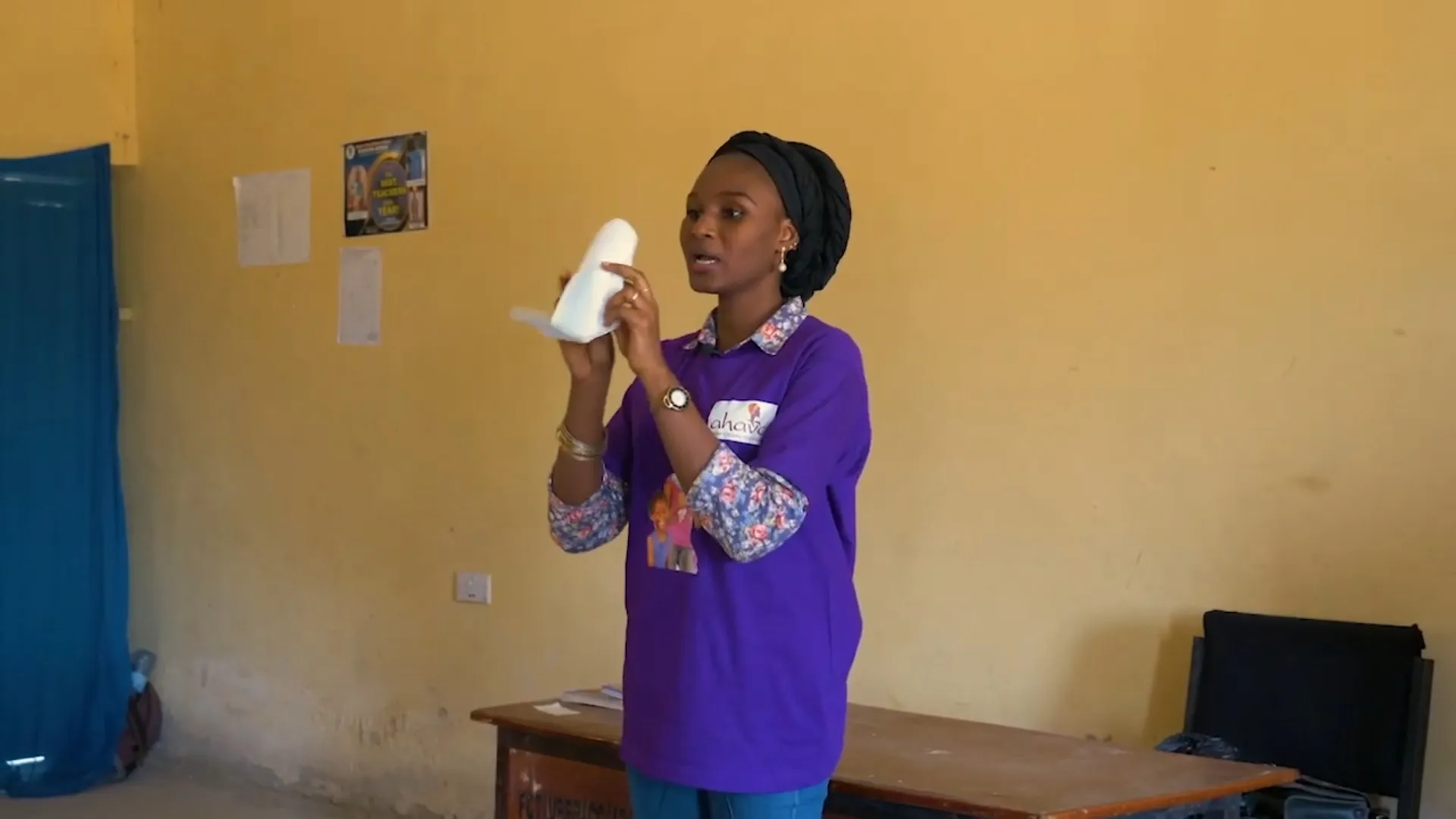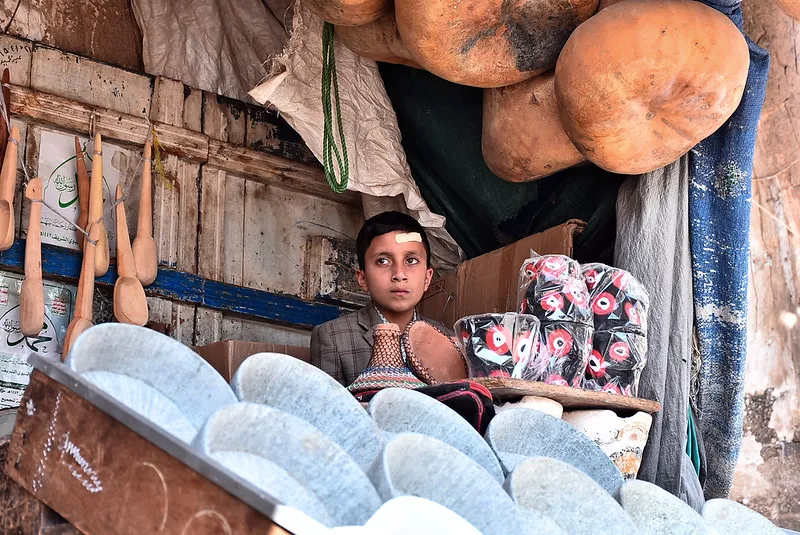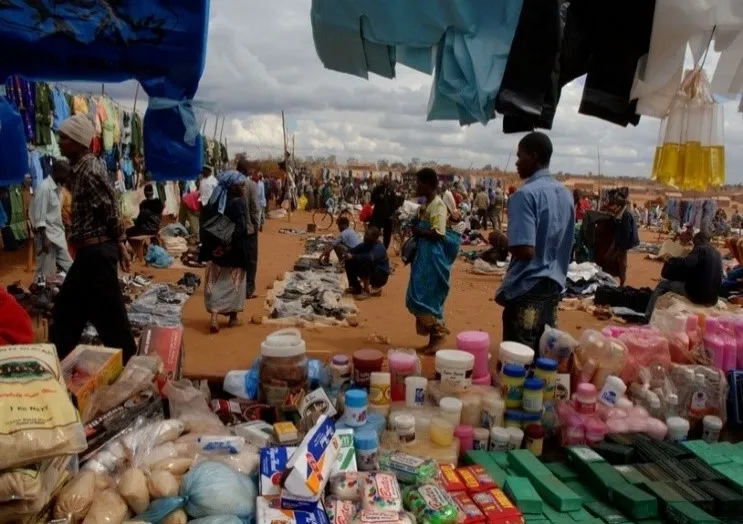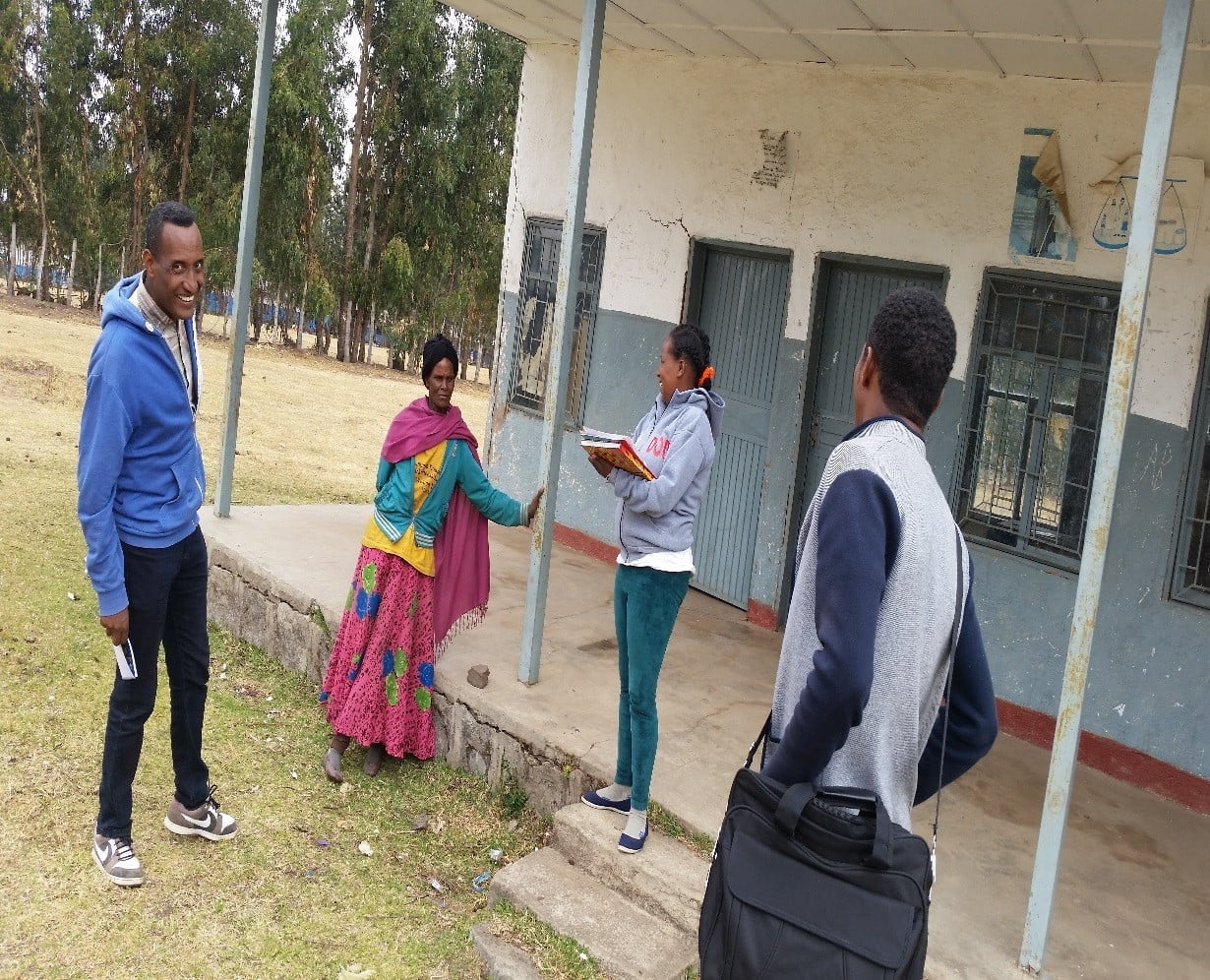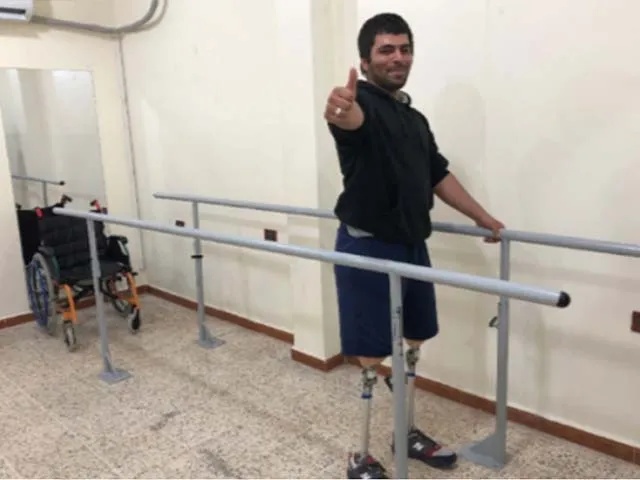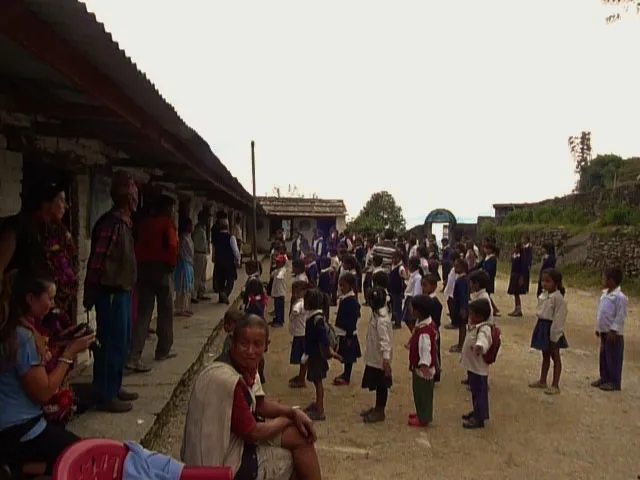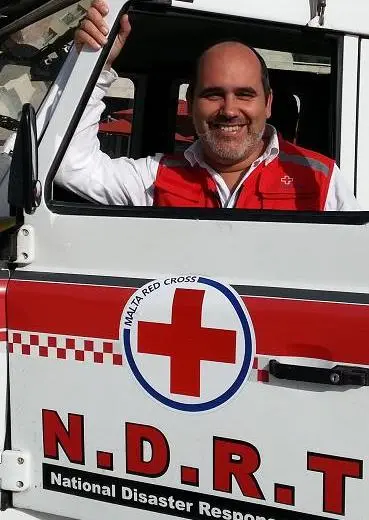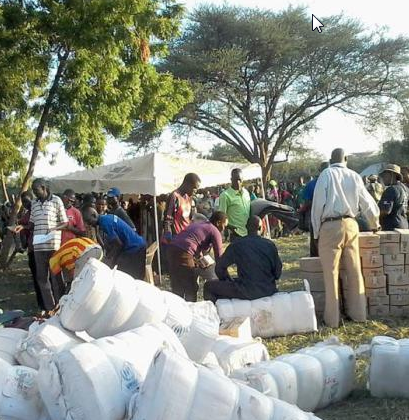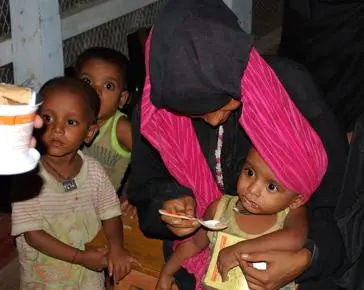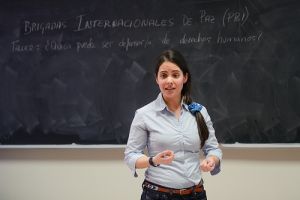The right to education is a Human Right internationally recognised. Going further, education is more than that, education is the tool through which people exercise and defend their own rights.
However, according to UNESCO in 2014 there were 58 million children who did not receive any sort of education at school. The percentage of girls deprived of education is higher than the percentage of boys since genre represents an obstacle in many cultures. Proceeding beyond, UNESCO claims that, if this tendency persists, 4 out of 10 of those children will be never go to school. There are several different reasons, among them, the fact of living in an emergency context (displacement, recovery after a natural disaster, etc)
Historically, in emergency situations, the restoration of education and the continuity of school for children in the affected populations have just not been established as a priority, but they have also been forgotten. Only in the last decades, the spotlight has been placed in Education in emergency situations, which means the scarce amount of experiences and learning processes in which rely on.
Additionally, emergencies are so diverse and its consequences affect in a different way several populations that it will be difficult to elaborate a good theoretical handbook. Nonetheless, not for this it should be remained apart. Even more, education in emergencies must be considered as a priority issue to study and develop. Once basic needs are covered, the creation of an environment of socialization and learning will support and promote the development of the rest of recovery efforts and contribute mostly to the community’s improvement.
We must not consent that natural disasters, displacements or wars represent a hurdle to million of children to have access to education. We must do our best to grant, above all, the access to the right to education.
The proposed guide is a general aid that should be adapted in each considered situation. It needs to be extended and complemented, but it represents the first step, necessary in every large distance.
